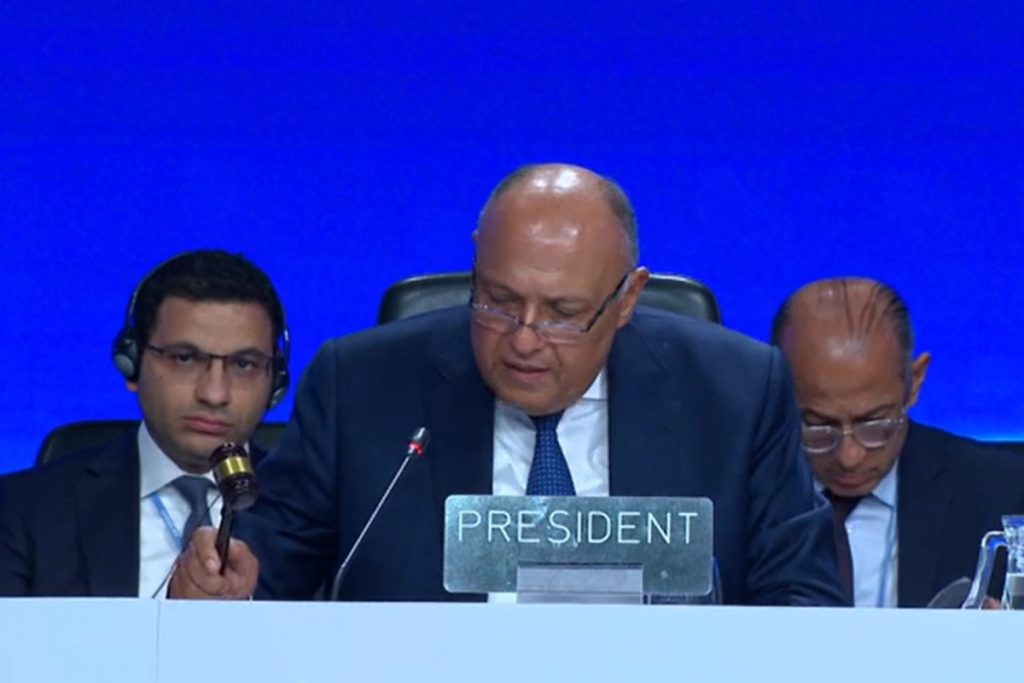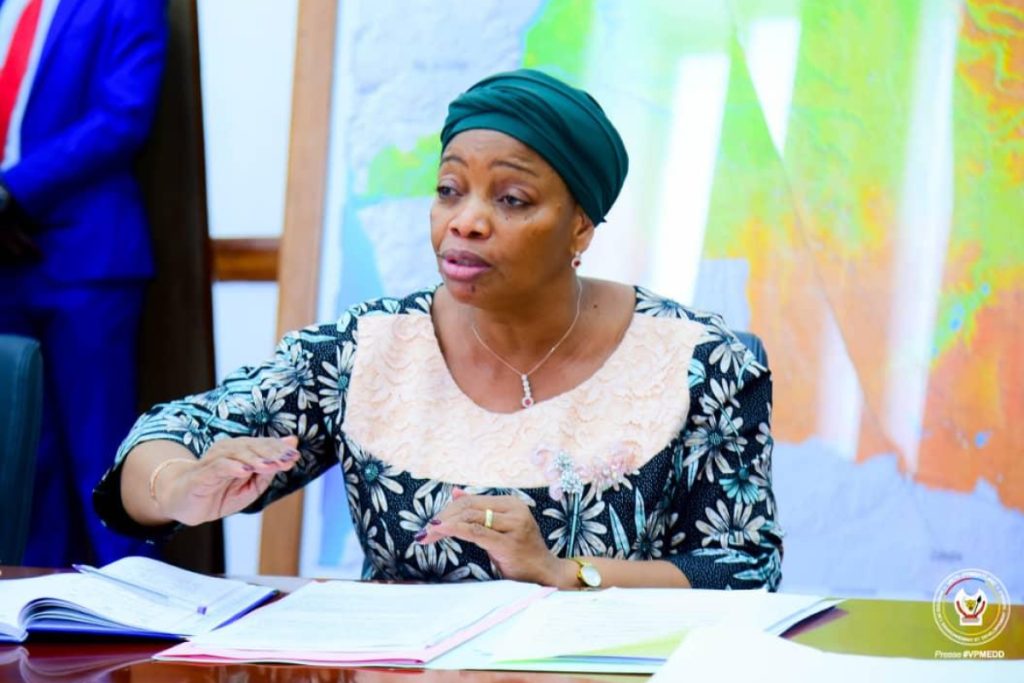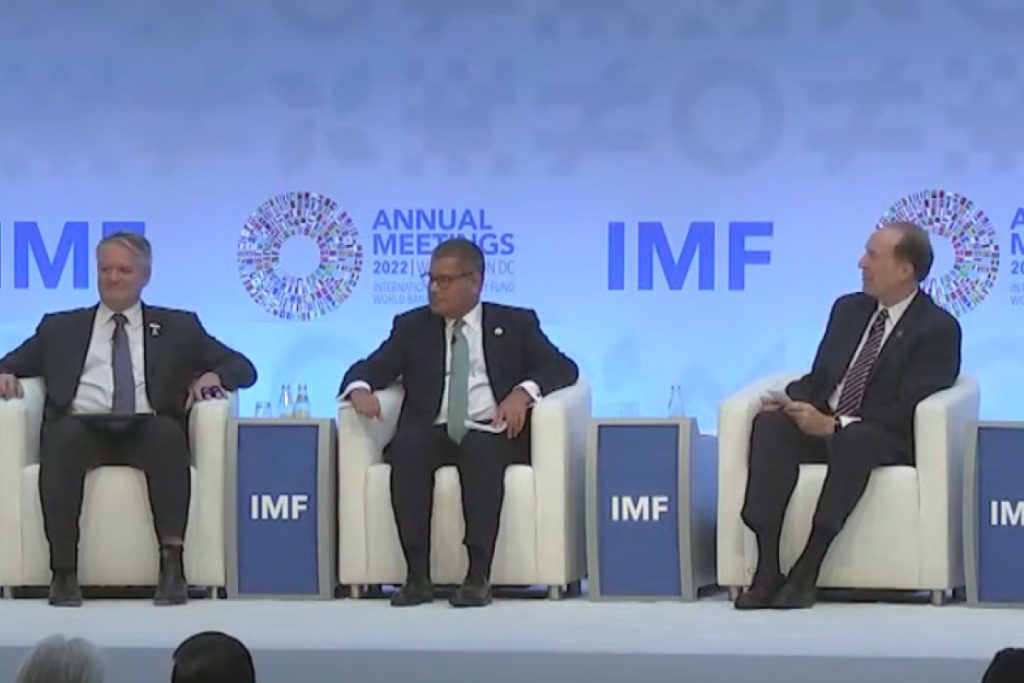Mozambique, Morocco, Sierra Leone and Uganda have joined Vanuatu as part of a group of 15 nations called the “Core Group” which announced that they intend to bring a draft resolution to the General Assembly that requests an International Court of Justice (ICJ) opinion on the rights and obligations of states in relation to climate change. Previously it was only Vanuatu that was pushing for such an opinion, now African and other highly vulnerable countries are backing the proposal. The Core Group have emphasized that they are not the only countries that support the vote, suggesting that there are others who stand behind the proposal but don’t wish to put their names forward as yet.
An ICJ opinion, whilst not directly legally binding, clarifies the interpretation and application of international law on a particular question. These opinions can be highly influential in subsequent legal proceedings, and can be used as a climate justice benchmark in climate litigation in other forums that do have binding outcomes, such as the International Tribunal for the Law of the Sea, national courts and regional tribunals, alternatively in the context of a dispute brought within the ICJ itself. The statement also makes clear that the opinion could “clarify the rights and obligations” of states and therefore facilitate international cooperation, encourage states to reflect their highest possible level of ambition, clarify the due diligence requirements relating to climate action for GHG emitters, and clarify the implications of human rights for present and future generations. Depending on its findings, an ICJ opinion could also be used as a “stick” by either developed or developing countries to advance their particular positions on a host of issues within the negotiations, most notably in relation to climate finance, on the basis that these might, in part, be legal “reparations” for loss and damage.
At present, whilst there are broadly stated legal principles such as the “no harm rule” and “polluter pays rule” some of which have gained the status of customary international law, international law is less clear on the specific question of legal responsibility of developed countries in relation to climate related impacts on developing countries. This is for multiple reasons, including the disclaimers in the accompanying text of the Paris Agreement on legal liability and the extent to which the Paris Agreement may have modified the principle of state responsibility as well as the challenge of attribution of liability amongst multiple parties over time. An ICJ opinion could go a long way in clarifying these and other legal rights and duties.
The statement by the Core Group confirms that the zero draft of the resolution will be finalized over the next few weeks and that informal consultations will be undertaken on the draft before it is tabled for action.





